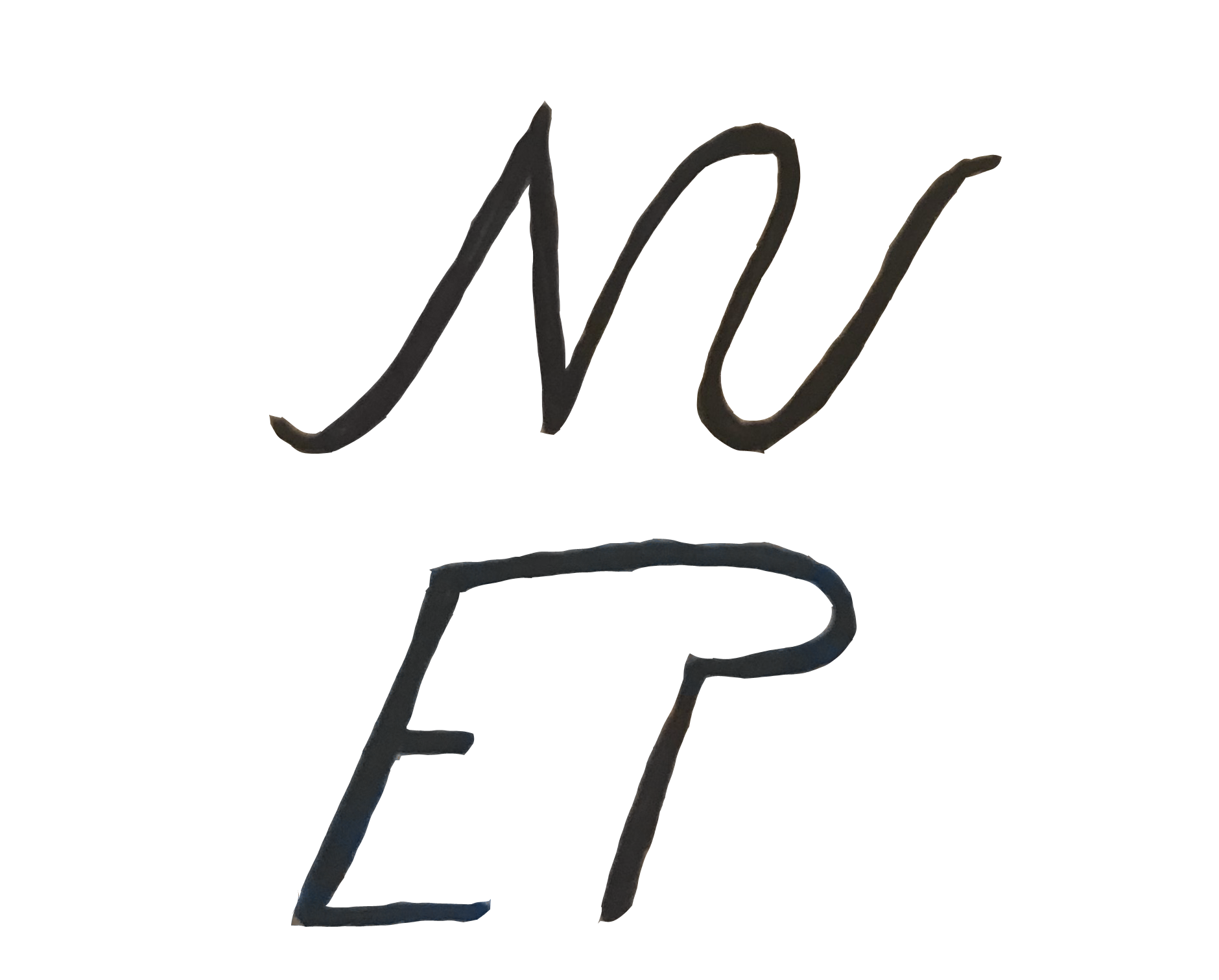Shame, challenges and advantages of having a disability in the journalism workforce
According to UKs 2017 Family Resources survey, there are 13,9 million disabled people in the UK. Only 3,7 million disabled adults are employed, making it almost twice as likely for disabled individuals to be unemployed compared to their non-disabled counterparts. With a lack of disability representation and diversity, the journalism industry is no exception. However, BBC announced in December 2019 their commitment to boost disability representation and opportunities on and off screen this year. But why is diversity important to the success of journalism and is journalist Tabea Grzeszyk right by saying “diversity is not about political correctness. It’s about quality journalism”?
Mohammed Salim Patel
Sophie Warnes and Mohammed Salim Patel are two journalists hoping to see more variety in the workforce. Warnes, a 31-year-old deaf journalist working as a Senior Data Journalist for National Statistics reflects on newsrooms being thoughfast-paced environments with little patience. “Personally, it’s the feeling of shame and that I’m perceived as stupid or not as good at my job as others, simply because I haven’t heard instructions, so I do things wrong or not at all.” Contrastingly Patel, a 25-year-old broadcast journalist for BBC says that despite the journalism workforce “not leading the way in terms of diversity or equality” he has had an overall positive experience. “Colleagues and editors have always been interested in how I work, and never questioned my ability despite my blindness.”
In spite of difficulties and setbacks, they agree that there are advantages to any disability. “Growing up deaf, learning to lipread and rely on visual cues has given me different skills that others might not have,” Warnes says. Similarly, Patel does not think he would then have been as efficient or as passionate and appreciative of every opportunity. “I find that I think very visually and when it comes to producing journalism in audio or video format often sighted people, especially TV journalists forget about sound. How powerful sound can be with photo.”
Sophie Warnes
With this, it is evident why diversity is important when measuring the success of the industry. If journalism is to serve the public better, consider whom is at the receiving end. “The people behind the news should reflect the public we serve. Things get missed if you don’t have those people in place, because it’s very hard to be aware of issues when they don’t affect you,” Warnes says.
Patel explains that there are blind journalists in front of the camera, however as a result of wanting to fit in, many choose not to use their cane or braille. “There are plenty of blind journalists working on blind programmes or covering blind stories.” But that is not what all disabled journalists want to report on. “We need to see disabled people covering everyday stories in the way Gary O'Donoghue for the BBC as the Washington correspondent.”
One thing is for certain, Tabea Grzeszyk is correct and work has to be done. Patel says: “Give me the opportunity, take one chance on me and I’ll prove that I’m able to do it. I might do it in a different way, but I’ll still give you the same end product with the same deadline.”
Illustrations by Zsofi Mayer.
related content
This article will help you navigate the ways you can make a difference, by offering a compiled list of resources and providing background on the current situation.
“When I traveled back home to Nigeria in 2016 by myself at the age 18, my love and appreciation for traditional African Braid style evolved. I was tired of conforming to fit in.”
Jolie Hamilton-Warford: Antiracism starts with education but the current curriculum fails to give a rounded view of racial discrimination throughout history and modern society.
Should comment sections be left open despite the trolls targeting minority voices?







